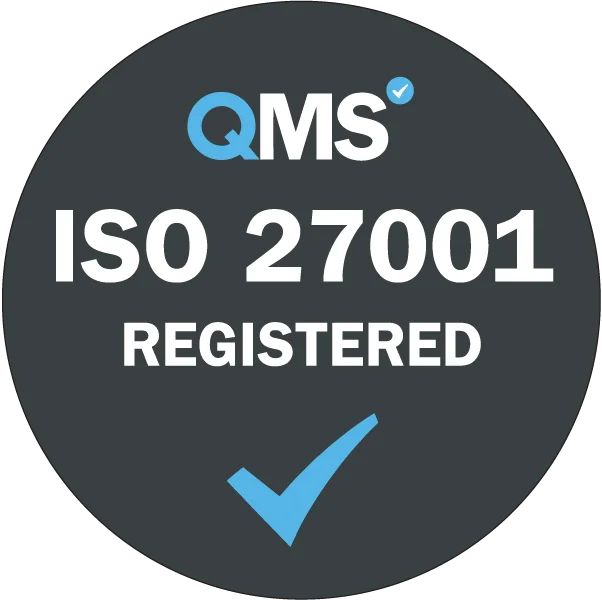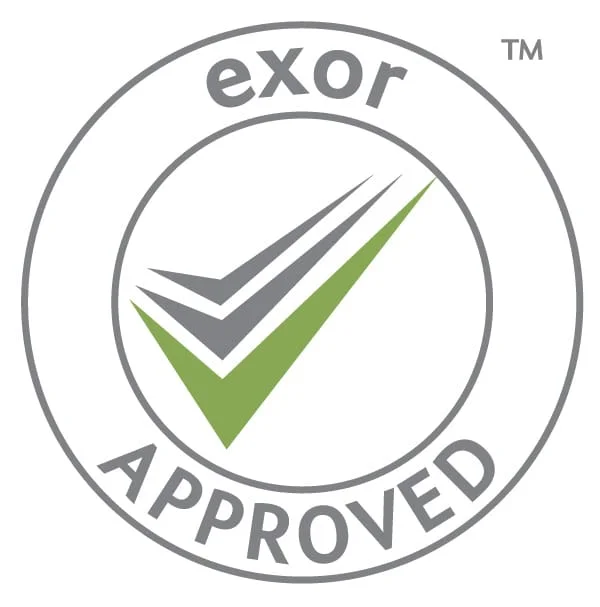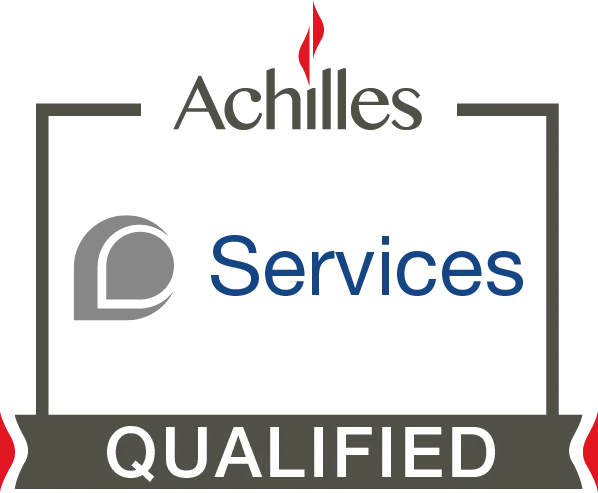Drain interceptors are essential for controlling contaminants in surface water. They are designed to collect and hold on to oil, petrol and other pollutants to allow the water to pass through the system and into the main sewer line.
Customer reviews on Google
4.3 ratings of 28 reviews

Experts in Drain Interceptor Installation and Maintenance
At Metro Rod, our highly skilled engineers specialise in installing, maintaining, and servicing drain interceptors. Whether you require a new interceptor tank installation or ongoing routine maintenance, we ensure your drainage system remains efficient, compliant, and protected against costly issues.
We assess your site’s specific needs to install the right type of interceptor, preventing pollutants like oil, petrol, and debris from contaminating water systems. With a well-planned maintenance schedule, we help reduce the risk of blockages, flooding, and environmental breaches, keeping your operations running smoothly and legally compliant.
Want to find out more about drain interceptors? Why not read our comprehensive drain interceptor guide for more information on how they work and their benefits.
Which Drain Interceptor Is Best for Your Site?
Different sites require different interceptor types—full retention interceptors are ideal for high-risk areas like petrol stations, while bypass and oil interceptors suit lower-risk locations such as car parks. Regular maintenance, including emptying and inspections, helps avoid system failures and ensures long-term efficiency.
Unsure which drain interceptor is right for your site? Our Metro Rod drainage specialists can assess your needs and recommend the best solution. With nationwide coverage, our local engineers are ready to assist with installation, maintenance, and compliance checks. Contact us today for expert advice, a free site visit, and a no-obligation quote.
Drain Interceptor Maintenance Additional Information
-
How Often Should a Drain Interceptor Be Emptied?
Maintenance is key to a functional drain interceptor system to meet environmental regulations and prevent unexpected flooding from drain blockages.
The Environment Agency recommends emptying interceptors every six months, though this isn’t compulsory guidance. It may be safe to empty interceptors at a lesser frequency. Still, it is the responsibility of your business to prevent pollution on-site, so routine sampling and keeping track of your maintenance is a must.
Send an enquiry -
What Happens if You Don’t Empty a Drain Interceptor?
The efficiency of an interceptor drain is reduced when not emptied. When it reaches capacity, it becomes less effective in separating pollutants from wastewater, leading to potential clogs in drainpipes, costly repairs, and disruption at your site or premises. There are also serious legal implications for businesses not complying with their environmental obligations. The consequences of breaching these obligations can include an unlimited fine and a criminal offence, with the potential for imprisonment.
Not emptying an interceptor can cause other issues. For example, anything stagnant in the drain interceptor decomposes, causing foul odours. FOG interceptors are often maintained every 3 months or more often, depending on their size and use.
Send an enquiry
Accredited By
Customer Reviews
Here's what our customers say about us
Great service from Harry & Alfie persevered with a very difficult job to unblock a stack between Read more
Fantastic service from Steve at MetroRod. Great communication, explained what he was doing clearly and fixed the Read more
We live in Sunderland. Metro Rod came out really quickly today, to sort our blocked drains, although Read more
For every review, we’ll plant a tree
Each and every written review for Metro Rod plants a new tree. ReviewForest captures every review and guarantees the tree is planted.
Trusted by:





Drain Interceptors FAQ
Why Are Drain Interceptors Needed?
What Are Other Names for Drain Interceptors?
Drainage interceptors can also be called interceptor traps, interceptor tanks, oil separators, petrol interceptors and filter tanks. These systems all essentially carry out the same task, separating contaminants from wastewater but are sometimes called different names.
Do Drain Interceptors Stop Rats?
Preventative measures, including valves, barriers and traps, can help your drain interceptor stay protected from rat entry. Rats are great climbers and swimmers, making it through small pipes, tight bends, and areas with lots of water flow. So while it may take longer, it may not necessarily be stopped by an interceptor system on its own without other preventative measures.
What Are Drain Interceptor Alarm and Monitoring Systems?
Drain interceptors can be fitted with alarm and monitoring systems that remotely assess how full the system is and give feedback to you on whether it is working effectively. These alarms or monitoring systems can tell you specifically if too high a proportion of a contaminant is reaching the second or third tank within the system or if a tank contains a specified amount of pollutant.








